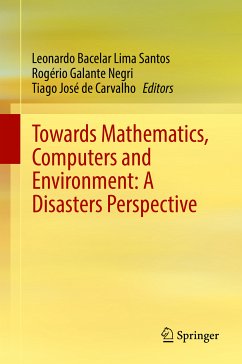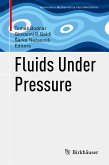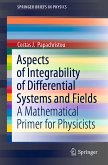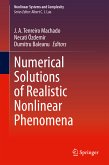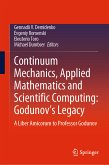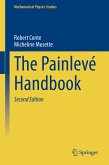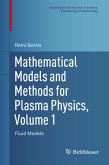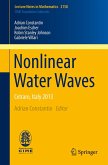With relevant, timely topics, this book gathers carefully selected, peer-reviewed scientific works and offers a glimpse of the state-of-the-art in disaster prevention research, with an emphasis on challenges in Latin America. Topics include studies on surface frost, an extreme meteorological event that occasionally affects parts of Argentina, Bolivia, Peru, and southern Brazil, with serious impacts on local economies; near-ground pollution concentration, which affects many industrial, overpopulated cities within Latin America; disaster risk reduction and management, which are represented by mathematical models designed to assess the potential impact of failures in complex networks; and the intricate dynamics of international armed conflicts, which can be modeled with the help of stochastic theory. The book offers a valuable resource for professors, researchers, and students from both mathematical and environmental sciences, civil defense coordinators, policymakers, and stakeholders.
Dieser Download kann aus rechtlichen Gründen nur mit Rechnungsadresse in A, B, BG, CY, CZ, D, DK, EW, E, FIN, F, GR, HR, H, IRL, I, LT, L, LR, M, NL, PL, P, R, S, SLO, SK ausgeliefert werden.

